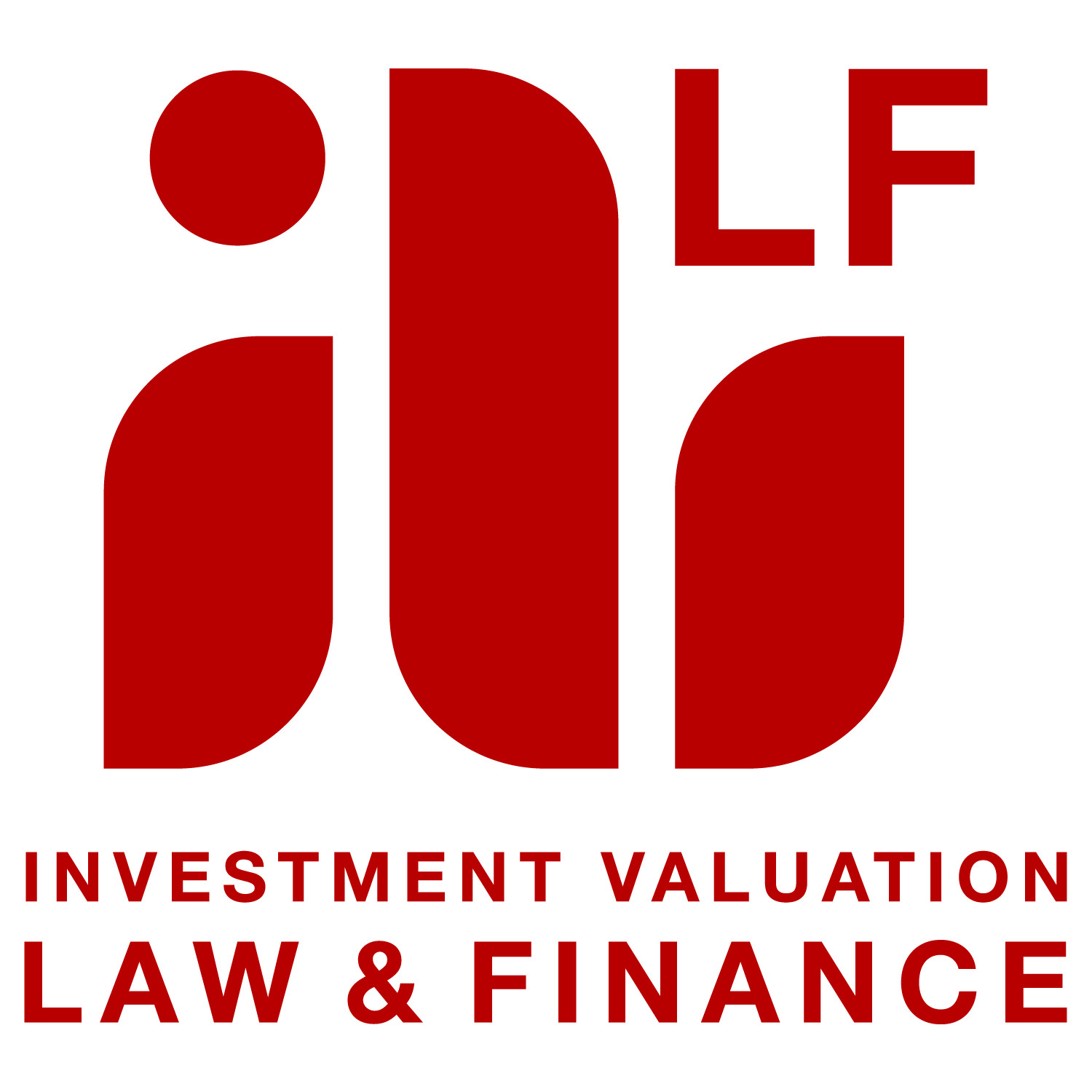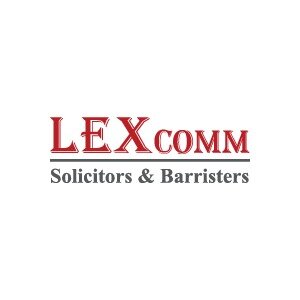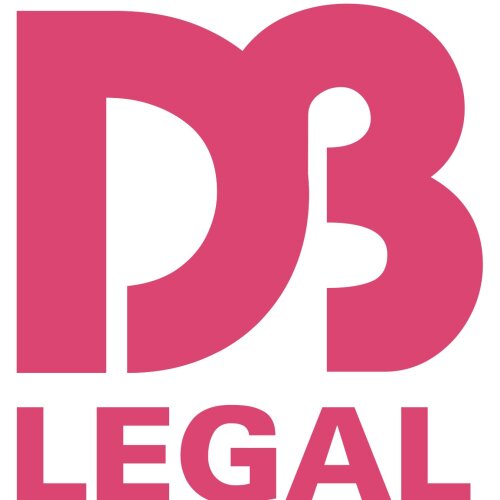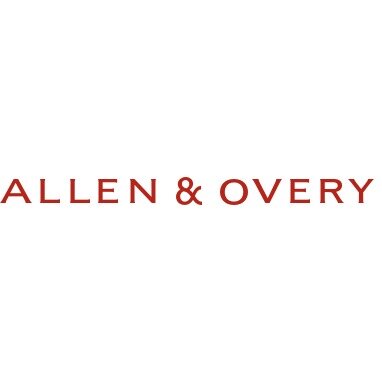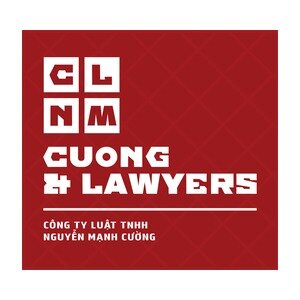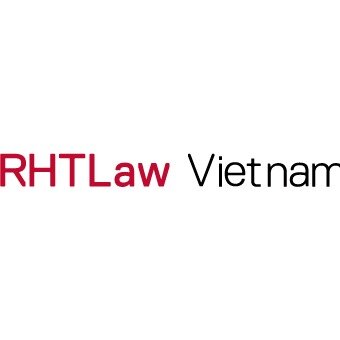Best Energy, Environment & ESG Lawyers in Hanoi
Share your needs with us, get contacted by law firms.
Free. Takes 2 min.
List of the best lawyers in Hanoi, Vietnam
Vietnam Energy, Environment & ESG Legal Articles
Browse our 1 legal article about Energy, Environment & ESG in Vietnam written by expert lawyers.
- Vietnam Rooftop Solar: New Tariffs and Self-Consumption Rules
- Factories can normally only sell excess rooftop solar power to EVN if their systems and contracts fit the specific categories defined in the latest Prime Minister decision and MOIT circulars - pure self-consumption systems follow a lighter, different regime. 2025 rooftop solar tariffs are expected to vary by project type... Read more →
About Energy, Environment & ESG Law in Hanoi, Vietnam
Energy, Environment, and ESG (Environmental, Social, and Governance) law is a growing area of legal practice in Hanoi, Vietnam. These laws focus on the regulation and management of energy production and usage, environmental protection, and the responsibilities businesses hold towards sustainable and ethical practices. Vietnam, and specifically Hanoi as the nation’s capital, has shown a strong commitment to improving environmental standards, supporting renewable energy, and encouraging businesses to follow ESG criteria. Recent shifts in policy reflect the government’s efforts to align with international standards and address growing concerns about pollution, climate change, and corporate accountability.
Why You May Need a Lawyer
Individuals and businesses operating in the fields of energy, environment, and ESG in Hanoi often encounter complex legal and regulatory challenges. A lawyer experienced in these areas can help in the following situations:
- Obtaining permits or licenses for energy projects or manufacturing facilities
- Understanding and complying with environmental protection laws and regulations
- Defending against claims of environmental violations or pollution
- Advising on sustainable investments that meet ESG criteria
- Conducting due diligence for mergers and acquisitions to identify environmental risks
- Representing parties in disputes involving land, water, or air pollution
- Drafting and negotiating contracts that incorporate energy or environmental considerations
- Navigating government policies on renewable energy investment and power purchase agreements
- Ensuring compliance with new ESG reporting obligations for businesses
- Providing guidance on international standards impacting Vietnamese operations
Given the complexity and evolving nature of these laws in Vietnam, legal counsel is essential to avoid liability, promote business sustainability, and support responsible development.
Local Laws Overview
Vietnam’s legal framework for energy, environment, and ESG issues includes a series of laws, decrees, and regulatory guidelines. A few important legal aspects relevant to Hanoi include:
- Law on Environmental Protection (2020): This law sets out comprehensive rules on pollution control, waste management, environmental permits, and the rights and obligations of organizations and individuals in environmental protection. It enhances requirements for environmental impact assessment (EIA) for projects, particularly in Hanoi's rapidly developing areas.
- Law on Renewable Energy and Power Development: Not a standalone law, but relevant requirements for renewable energy projects appear in the Law on Electricity, government resolutions, and Prime Minister’s directives about solar, wind, and other renewable power sources. Hanoi has ambitious targets for increased use of renewables.
- ESG Reporting and Corporate Disclosure: Corporate governance, social responsibility, and environmental matters are being increasingly regulated, with the State Securities Commission and the Ministry of Finance pushing for more extensive ESG-related disclosures by listed companies in Vietnam, including in Hanoi.
- Land and Water Use Regulations: Strict zoning, pollution control measures, and conservation requirements apply, especially with Hanoi’s proximity to rivers and lakes and ongoing urbanization.
- Sanctions and Enforcement: The government can impose significant fines, order remediation, suspend operations, or even pursue criminal liability for serious violations of environmental or energy laws.
Local authorities in Hanoi work closely with the Ministry of Natural Resources and Environment (MONRE), the Ministry of Industry and Trade (MOIT), and the Ministry of Finance to oversee compliance and promote best practices.
Frequently Asked Questions
What does ESG mean in the context of Vietnamese law?
ESG stands for Environmental, Social, and Governance. In Vietnam, and in Hanoi, it refers to a set of standards for company operations that include how a company manages environmental impacts, treats its employees and community, and conducts itself ethically in governance. While ESG principles are encouraged, some elements related to disclosure and reporting are becoming mandatory for listed companies.
How can I obtain environmental permits for my project in Hanoi?
Most projects that can potentially impact the environment must conduct an Environmental Impact Assessment (EIA) and obtain approval from local or national authorities. The process involves public consultation, submission of required documents, and often follow up inspections.
Are there incentives for investing in renewable energy in Hanoi?
Yes, the Vietnamese government offers several incentives for investors in renewable energy, such as preferential feed-in tariffs, land rent reductions, and tax breaks. However, these policies change frequently and may require navigating complex application processes.
What are the penalties for violating environmental laws?
Penalties can include administrative fines, orders to halt operations, requirements to compensate for environmental damage, and, in serious cases, criminal prosecution. Penalties are determined by the level of harm, scope, and whether violations were intentional or negligent.
Do all businesses in Hanoi have to file ESG reports?
Currently, ESG reporting is mandatory for public companies registered on the Vietnam stock exchange, with other businesses encouraged to voluntarily disclose ESG information. However, regulations are evolving and more sectors may be required to submit ESG reports in the future.
How is waste management regulated in Hanoi?
Waste management in Hanoi is regulated under the Law on Environmental Protection and related sub-law documents. There are strict rules for the sorting, collection, transportation, and disposal of solid, hazardous, medical, and electronic waste.
What legal risks exist in developing an energy project in Hanoi?
Risks include delays in licensing, challenges related to land acquisition, compliance with changing regulations, potential disputes with local communities, grid connection issues, and uncertainty regarding long-term government policy support.
Can individuals or communities raise complaints about environmental violations?
Yes, Vietnamese law allows individuals and communities in Hanoi to submit petitions or complaints to local authorities and environmental agencies if they believe an entity is violating environmental laws.
Are foreign companies treated differently in energy or environmental projects?
Foreign and domestic investors are generally subject to similar regulations. However, foreign investors may face restrictions in land use and must comply with specific investment licensing procedures.
How can a lawyer help with ESG compliance?
A lawyer can assist by reviewing company policies, advising on disclosure obligations, conducting risk assessments, representing companies in audits, helping prepare reports, and ensuring that all documentation meets regulatory requirements.
Additional Resources
If you seek further information or assistance, the following resources may help:
- Ministry of Natural Resources and Environment (MONRE): National agency responsible for environmental regulation, policy, and enforcement.
- Department of Natural Resources and Environment of Hanoi: Local government agency managing environmental issues specific to the city.
- Ministry of Industry and Trade (MOIT): Oversees energy policy, investment incentives, and renewable energy development.
- Vietnam Chamber of Commerce and Industry (VCCI): Supports businesses engaged in sustainable and responsible investment practices, including ESG.
- State Securities Commission of Vietnam: Regulates public company disclosure and reporting, including ESG requirements.
- Environmental NGOs and consulting firms: Offer guidance and support for compliance and best practices.
Next Steps
If you believe you need legal assistance regarding Energy, Environment, or ESG matters in Hanoi, consider the following actions:
- Identify the specific issue you are facing, such as regulatory compliance, project licensing, dispute resolution, or corporate disclosures.
- Prepare all relevant documents and information, including business licenses, contracts, project proposals, environmental assessments, and correspondence with government bodies.
- Consult with a lawyer or law firm experienced in Vietnamese energy, environment, and ESG law. It is crucial to choose a professional who is familiar with both local and international standards.
- Discuss your goals, timelines, and any budgetary constraints with your lawyer. Request a clear explanation of the steps, possible risks, and potential costs involved.
- Stay informed about changes in Vietnamese law and international developments that may affect your business or project.
Early legal advice can help you avoid costly disputes, ensure full compliance, and establish your reputation as a responsible actor in Hanoi’s dynamic business environment.
Lawzana helps you find the best lawyers and law firms in Hanoi through a curated and pre-screened list of qualified legal professionals. Our platform offers rankings and detailed profiles of attorneys and law firms, allowing you to compare based on practice areas, including Energy, Environment & ESG, experience, and client feedback.
Each profile includes a description of the firm's areas of practice, client reviews, team members and partners, year of establishment, spoken languages, office locations, contact information, social media presence, and any published articles or resources. Most firms on our platform speak English and are experienced in both local and international legal matters.
Get a quote from top-rated law firms in Hanoi, Vietnam — quickly, securely, and without unnecessary hassle.
Disclaimer:
The information provided on this page is for general informational purposes only and does not constitute legal advice. While we strive to ensure the accuracy and relevance of the content, legal information may change over time, and interpretations of the law can vary. You should always consult with a qualified legal professional for advice specific to your situation.
We disclaim all liability for actions taken or not taken based on the content of this page. If you believe any information is incorrect or outdated, please contact us, and we will review and update it where appropriate.
Browse energy, environment & esg law firms by service in Hanoi, Vietnam
Hanoi, Vietnam Attorneys in related practice areas.




